
在非限制性定语从句中,先行词作为一个整体,表示整体中的一部分,即表示“部分与整体”的关系时,用…of which / whom或者of which / whom…都可以。但与表示所属关系不同,这里不能用whose来代替of which。
一、表示整体中的部分
The buses, most of which were already full, were surrounded by an angry crowd. 公共汽车大多数都已经挤满了人,它们被愤怒的人群包围着。
I picked up the apples, some of which were badly bruised. 我拣起那些苹果,其中有一些伤得很厉害。
I bought a dozen eggs, six of which broke when I dropped the box. 我买了一打鸡蛋,六个在我失手掉了盒子时摔碎了。
There are two bottles left, one of which is almost finished and the other of which is not quite. 只剩两瓶,一瓶快喝完了,另一瓶没完全喝完。
The treasure some of which has been recovered, has been sent to the British Museum. 这些宝藏已送往大英博物馆,其中有一些是失而复得的。
二、表示所属关系
He’s written a book, the name of which I’ve forgotten. 他写了一本书,书名我忘了。
句中的the name of which=whose name。
It was an agreement the details of which could not be altered. 这是一项其细节不可更改的协定。
句中的the details of which=whose details。











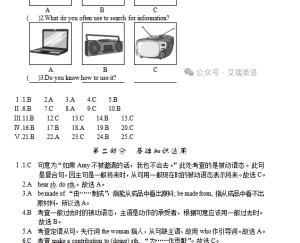
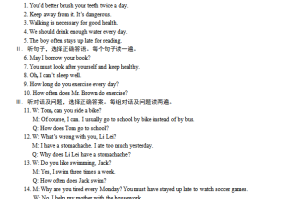


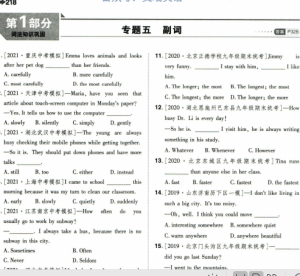
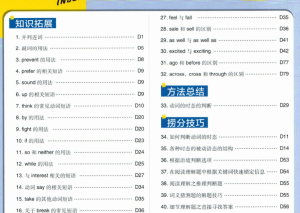
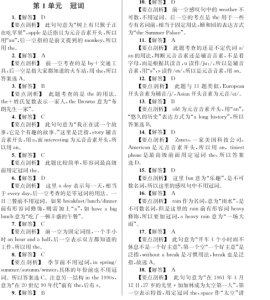
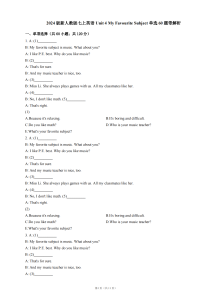



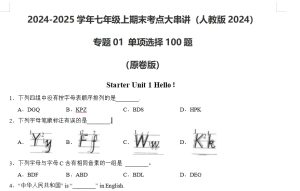
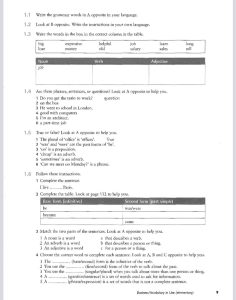


暂无评论内容